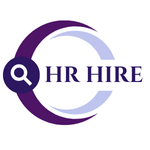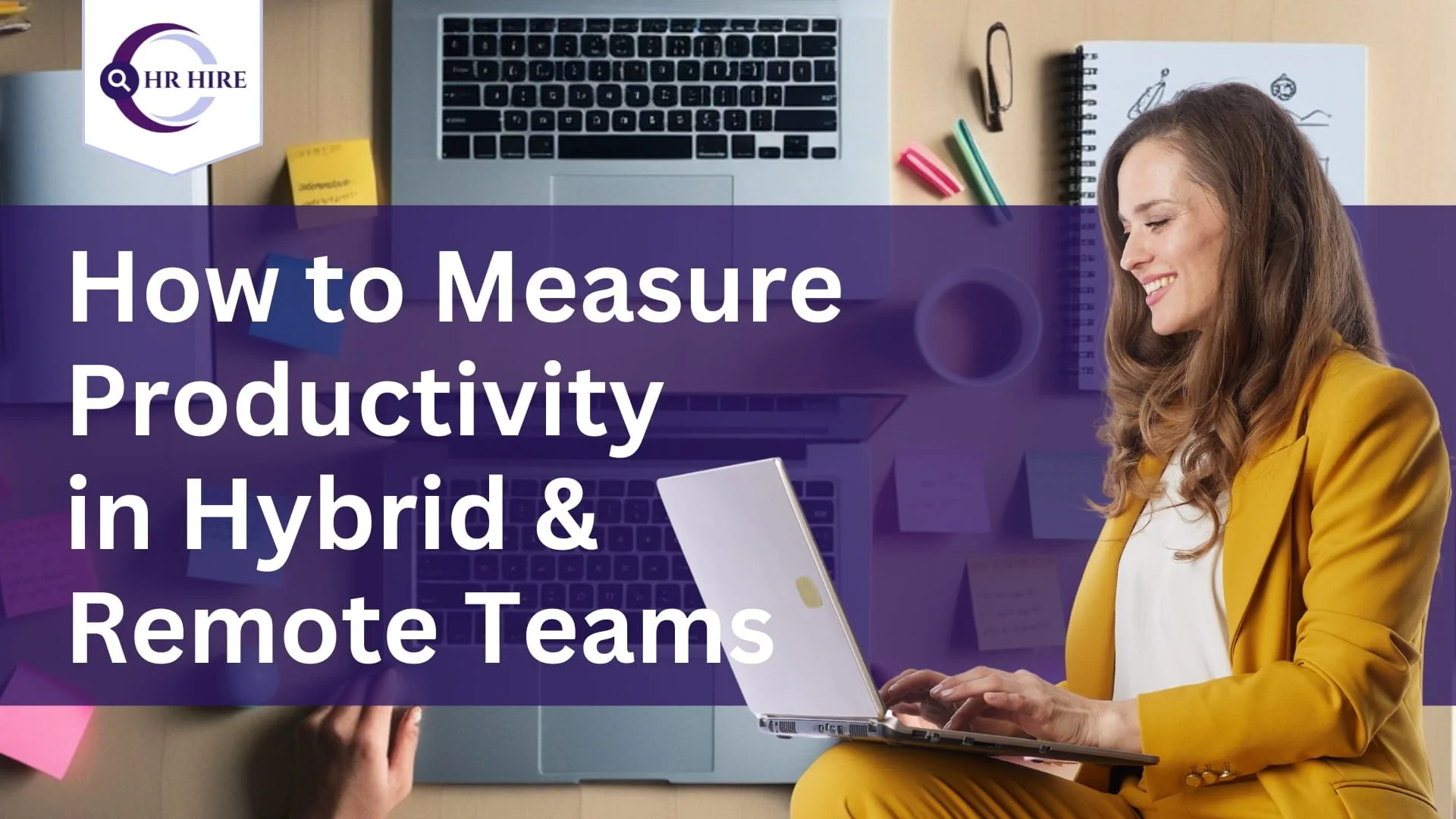What qualifications do I need for a career in HR in Ireland?
If you're considering a career in Human Resources in Ireland, the good news is that it's an evolving and dynamic profession with many entry points.
From structured degree programmes to practical on-the-job experience, the pathways into HR roles have broadened considerably over the last decade. In this blog post, we’ll outline the core qualifications typically required, alternative routes into the profession, and what employers are really looking for when hiring HR professionals in Ireland.
The Academic Route into HR in Ireland:
Most HR professionals in Ireland begin their HR career journey with a relevant qualification in Human Resource Management, Industrial Relations, Business, or a related field. The Chartered Institute of Personnel and Development (CIPD) is the gold standard in HR qualifications across Ireland and the UK. Many employers specifically look for candidates with CIPD-accredited qualifications at Level 5 or higher.
Universities and Institutes of Technology across Ireland offer a range of HR-focused degrees and diplomas. Some of the most recognised include:
Some of the most recognised include:
✔️BA in Human Resource Management from National College of Ireland
✔️MSc in Human Resource Management at University College Dublin (UCD Smurfit School)
✔️Higher Diploma in HRM from Technological University Dublin
✔️Postgraduate Diploma in HRM through CIPD-accredited programmes
For those coming to HR from another discipline or with substantial work experience, part-time or online learning options are increasingly popular. Programmes through CIPD Ireland, NCI and other accredited providers offer flexibility and allow working professionals to upskill while continuing to work.
Alternative pathways into HR in Ireland:
Formal qualifications are important; however, they’re not the only way to build a career in HR in Ireland. Many professionals start in administration or operations roles and transition into HR functions through internal training, short courses, or by gradually taking on more HR-related responsibilities. Entry-level HR roles such as HR Administrator, Recruitment Coordinator or People Operations Assistant often act as stepping stones.
Short courses in employment law, workplace mediation, payroll, and HR analytics can significantly enhance a CV; these are widely offered through Skillnet Ireland, LinkedIn Learning and local education and training boards.
Professional bodies & ongoing development
Being a member of a recognised HR body such as CIPD Ireland or the Irish Institute of Training and Development (IITD) demonstrates a commitment to continued professional development and ethical standards. These organisations provide access to networking events, professional resources, and updates on employment legislation, all of which are essential in an ever-changing HR landscape.
What Employers are Looking For:
Employers in Ireland hiring for HR positions are looking for a mix of qualifications, competencies and soft skills. A relevant degree or diploma is often a baseline requirement for mid- to senior-level roles; however, the ability to build trust, understand business needs, and work collaboratively across teams is equally valued.
For roles in HR recruitment Ireland, for example, employers often look for professionals with a mix of academic grounding and commercial awareness; someone who understands both the regulatory frameworks and the people-first nature of the role.
Key Skills that Employers Value Include:
✔️Strong interpersonal and communication skills
✔️Understanding of Irish employment law and HR best practice
✔️Ability to manage sensitive information with discretion
✔️Analytical thinking and familiarity with HRIS systems
✔️Change management and organisational development awareness
| Qualifications are just one part
of the story |
Over the years at HR Hire, I’ve seen a wide variety of routes into HR. While qualifications certainly open doors, they don’t tell the full story. Some of the most effective HR professionals I’ve worked with came from non-traditional backgrounds; they brought empathy, resilience and a real understanding of people. Clients often tell us they’re looking for someone with the right attitude; someone who can influence, problem-solve and communicate with clarity.
If you’re exploring a career in HR and you’re not sure whether your qualifications measure up, talk to us. Sometimes it’s not what’s on paper that matters most, but your ability to make an impact in the workplace.









